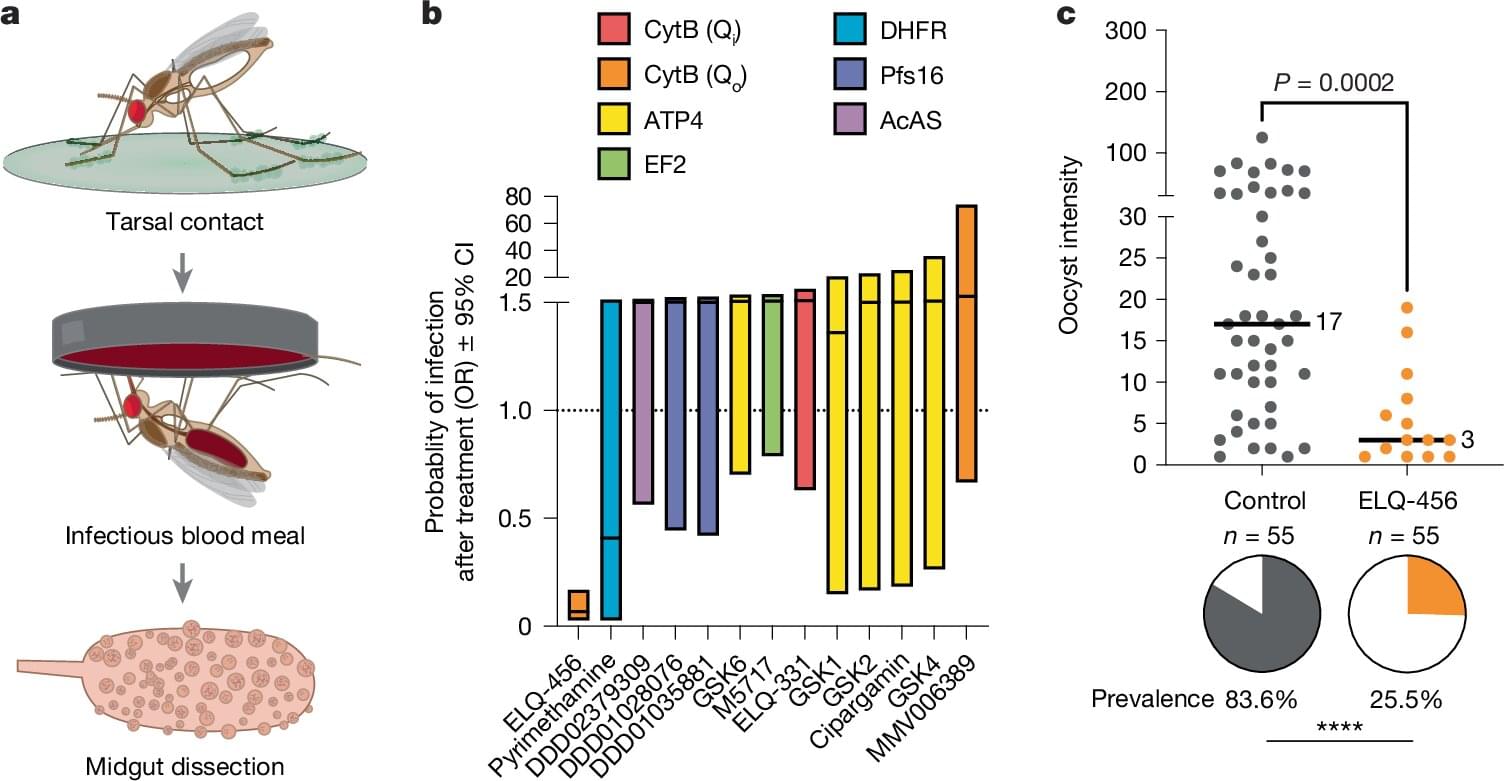Researchers have identified a type of chemical compound that, when applied to insecticide-treated bed nets, appears to kill the malaria-causing parasite in mosquitoes.
Published in the journal Nature, the multi-site collaborative study represents a breakthrough for a disease that continues to claim more than half a million lives worldwide every year. A lab at Oregon Health & Science University played a key role, and the National Institute of Allergy and Infectious Diseases, of the National Institutes of Health, supported the research.
Michael Riscoe, Ph.D., professor of molecular microbiology and immunology in the OHSU School of Medicine, designed and synthesized the anti-malarial drugs, termed ELQs, that were then screened in the lab of Flaminia Catteruccia, Ph.D., the study’s senior author and Irene Heinz Given Professor of Immunology and Infectious Diseases at the Harvard T.H. Chan School of Public Health.
